What is the Mercosur bloc?
Mercosur stands for Southern Common Market (Mercado Común del Sur in Spanish). It is a trade bloc bringing together the following South American countries:
Argentina.Brazil.Paraguay.Uruguay.Venezuela (suspended).Bolivia is in the process of joining this group.
Why is it in the news?
Trade negotiations between the EU and Mercosur have been taking place on and off since 2000 and are now understood to be as close as ever to an agreement.
The European Commission received a mandate from all EU countries to negotiate on their behalf.
The current Commissioner for Trade, Cecilia Malmström, and the president of the European Commission, Jean-Claude Juncker, want to sign a deal before their term ends this autumn.
Sources close to the talks expect an agreement could be found this week.
How does this affect farmers?
The four current Mercosur countries are big agri-food exporters and want wider access to the lucrative EU market for beef, poultry and sugar in the deal.
The EU has formally offered them an extra 70,000t of beef imports each year at reduced duty rates and an unofficial offer of 99,000t is under discussion.
According to the IFA, a poultry offer to increase duty-free exports by 78,000t could be doubled in last-ditch attempts to close the deal.
These volumes would be in addition to existing South American meat imports into the EU, which were worth €2.6bn last year.
Mercosur countries are already the leading suppliers of beef and poultry into the EU.
According to Bord Bia, average factory prices for R3 steers so far this year have been €2.52/kg in Brazil, €3.18/kg in Argentina and €3.34/kg in Uruguay.
Poultry farmers and sugar producers elsewhere in Europe would face increased competition from cheaper products, which are subject to lower standards than in the EU.
Is trade with Mercosur really that important?
Mercosur exported €42.6bn worth of goods and services to the EU last year.
The largest part of this was agricultural products, including animal feed, grain and meat.
EU exports to Mercosur totalled €45bn last year, mostly high-value engineered products such as cars, machinery and pharmaceuticals.
The EU also exports more services to Mercosur than it imports from the four South American countries.
These are the categories in which each bloc wants to increase trade further.
Any concessions on agriculture would be in exchange for better business for the EU's manufacturing and services industry.
If concluded, this would be the largest trade deal in the history of Europe.
What would happen to farmers if the proposed trade deal was implemented?
The European Commission's own research shows that EU beef prices could fall by between 8% and 16% if trade deals currently under preparations in Brussels were all concluded, with Mercosur beef the largest cause of this destabilisation.
The effect on poultry would be a reduction in EU production comprised between -0.5% and -1.3%.
These forecasts were made before Brexit was taken into consideration.
If the UK left without a deal, the rest of the EU would become even more oversupplied with meat.
On the positive side, dairy farmers could gain access to the growing Mercosur market and European farmers producing high-quality foods under protected geographical origins would see those protected in South America.
The details of any deal, including the type of meat cuts included and the number of years allowed to phase in additional import volumes, could make a big difference to farmers here.
What happens next?
If negotiators feel they have all the pieces of an agreement in place, Mercosur ministers and European Commissioners may sign the deal in the coming days.
Officials will then compile its final text in multiple languages.
Given its far-reaching implications, the agreement would have to be ratified by:
The European Council representing the governments of all EU member states.The European Parliament.The parliaments of all EU member states including the Oireachtas.This could take several years and a country could impose its veto.
However, in the case of the recent Canadian trade deal, the European Commission agreed provisional measures for some of the deal to apply before ratification.
Read more
Listen: Mercosur would devastate Irish beef and poultry prices - IFA
Critical week for Mercosur as talks coming to conclusion
Proposed trade deals could cut beef prices by up to 16% – EU study
What is the Mercosur bloc?
Mercosur stands for Southern Common Market (Mercado Común del Sur in Spanish). It is a trade bloc bringing together the following South American countries:
Argentina.Brazil.Paraguay.Uruguay.Venezuela (suspended).Bolivia is in the process of joining this group.
Why is it in the news?
Trade negotiations between the EU and Mercosur have been taking place on and off since 2000 and are now understood to be as close as ever to an agreement.
The European Commission received a mandate from all EU countries to negotiate on their behalf.
The current Commissioner for Trade, Cecilia Malmström, and the president of the European Commission, Jean-Claude Juncker, want to sign a deal before their term ends this autumn.
Sources close to the talks expect an agreement could be found this week.
How does this affect farmers?
The four current Mercosur countries are big agri-food exporters and want wider access to the lucrative EU market for beef, poultry and sugar in the deal.
The EU has formally offered them an extra 70,000t of beef imports each year at reduced duty rates and an unofficial offer of 99,000t is under discussion.
According to the IFA, a poultry offer to increase duty-free exports by 78,000t could be doubled in last-ditch attempts to close the deal.
These volumes would be in addition to existing South American meat imports into the EU, which were worth €2.6bn last year.
Mercosur countries are already the leading suppliers of beef and poultry into the EU.
According to Bord Bia, average factory prices for R3 steers so far this year have been €2.52/kg in Brazil, €3.18/kg in Argentina and €3.34/kg in Uruguay.
Poultry farmers and sugar producers elsewhere in Europe would face increased competition from cheaper products, which are subject to lower standards than in the EU.
Is trade with Mercosur really that important?
Mercosur exported €42.6bn worth of goods and services to the EU last year.
The largest part of this was agricultural products, including animal feed, grain and meat.
EU exports to Mercosur totalled €45bn last year, mostly high-value engineered products such as cars, machinery and pharmaceuticals.
The EU also exports more services to Mercosur than it imports from the four South American countries.
These are the categories in which each bloc wants to increase trade further.
Any concessions on agriculture would be in exchange for better business for the EU's manufacturing and services industry.
If concluded, this would be the largest trade deal in the history of Europe.
What would happen to farmers if the proposed trade deal was implemented?
The European Commission's own research shows that EU beef prices could fall by between 8% and 16% if trade deals currently under preparations in Brussels were all concluded, with Mercosur beef the largest cause of this destabilisation.
The effect on poultry would be a reduction in EU production comprised between -0.5% and -1.3%.
These forecasts were made before Brexit was taken into consideration.
If the UK left without a deal, the rest of the EU would become even more oversupplied with meat.
On the positive side, dairy farmers could gain access to the growing Mercosur market and European farmers producing high-quality foods under protected geographical origins would see those protected in South America.
The details of any deal, including the type of meat cuts included and the number of years allowed to phase in additional import volumes, could make a big difference to farmers here.
What happens next?
If negotiators feel they have all the pieces of an agreement in place, Mercosur ministers and European Commissioners may sign the deal in the coming days.
Officials will then compile its final text in multiple languages.
Given its far-reaching implications, the agreement would have to be ratified by:
The European Council representing the governments of all EU member states.The European Parliament.The parliaments of all EU member states including the Oireachtas.This could take several years and a country could impose its veto.
However, in the case of the recent Canadian trade deal, the European Commission agreed provisional measures for some of the deal to apply before ratification.
Read more
Listen: Mercosur would devastate Irish beef and poultry prices - IFA
Critical week for Mercosur as talks coming to conclusion
Proposed trade deals could cut beef prices by up to 16% – EU study




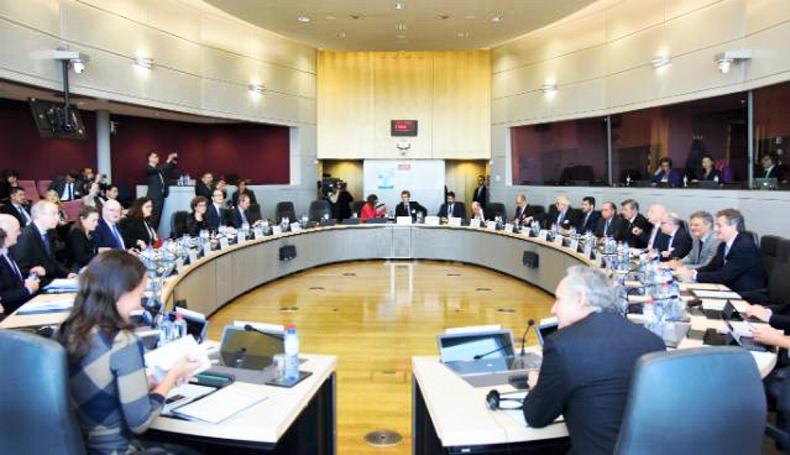
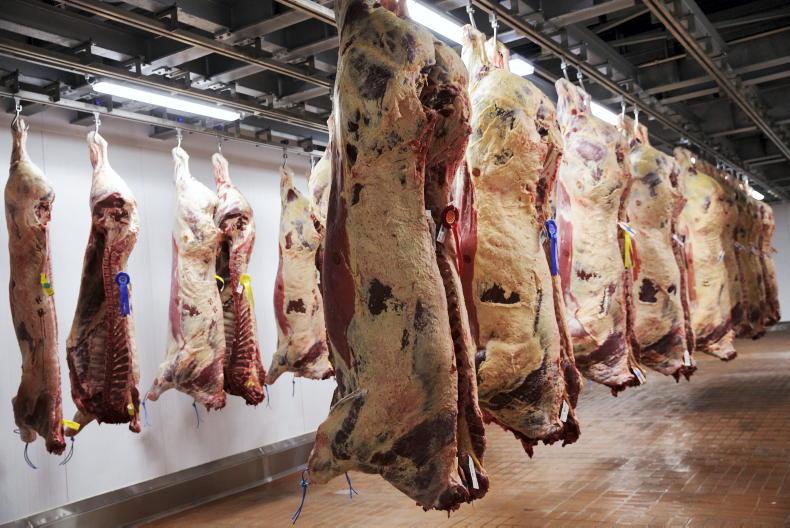

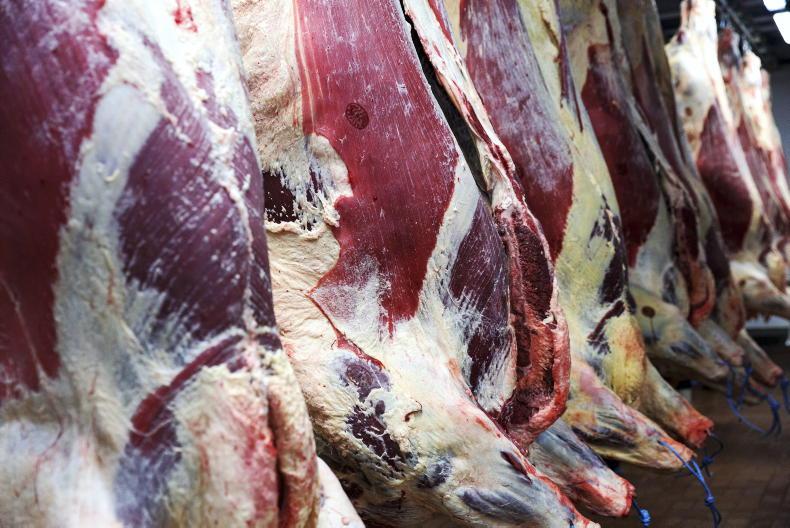
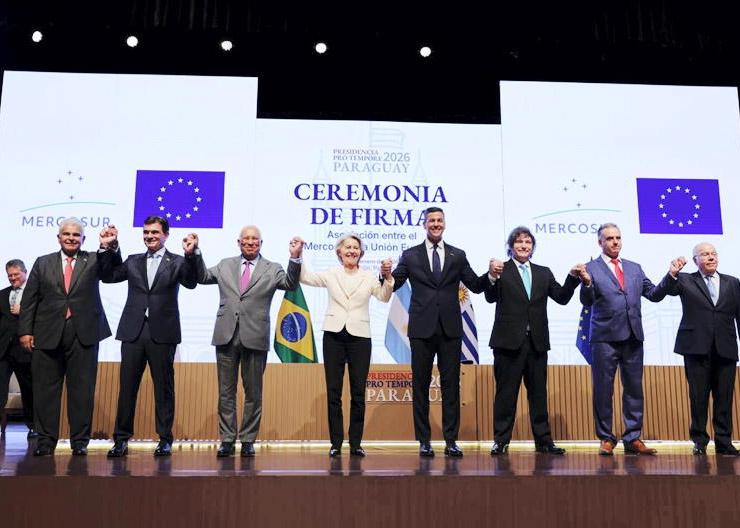
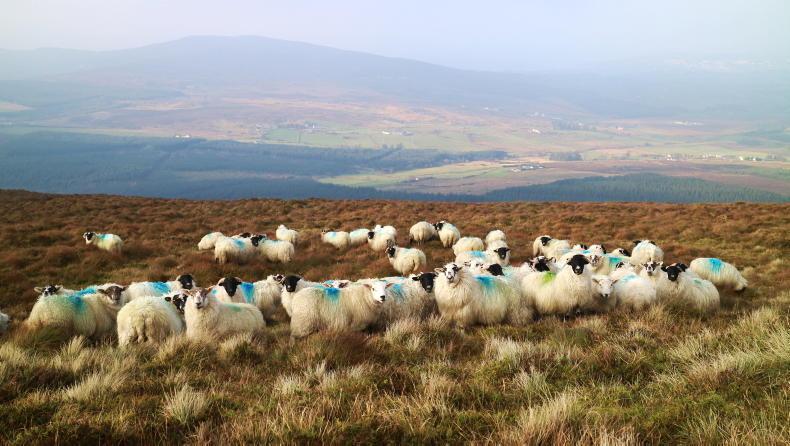
SHARING OPTIONS